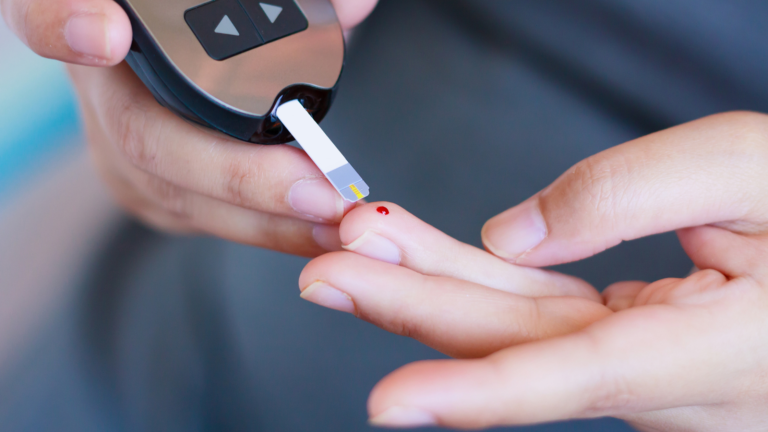Blood Type May Determine Susceptibility to COVID-19
There is a growing body of evidence suggesting that blood type may play a role in COVID-19. Recent research suggests that people with blood type O are less susceptible to COVID-19 and that they develop less severe illness once infected. These findings hold true even when other risk factors (age, sex, body weight, hypertension, diabetes, chronic lung or heart issues) have been considered.
Rh and ABO Blood Type Research
In one study, type AB was at an increased risk for both. For blood type B, individuals were at a higher risk for intubation, but a lower risk for death. With regards to infection prevalence, types A, B, and AB were higher than that of type O after adjusting for patient race, ethnicity, and bias with regards to healthcare utilization, length of hospital stay, and potential in-patient infection and potential false-negative tests. Overall, it appears that non-O blood type and Rh+ individuals have a moderately increased risk of infection. There may also be larger risk differences with regard to Rh blood types than ABO types.
A Canadian study supports the above with similar findings. This study shows there is a lower risk for severe illness or death related to COVID-19 for those with type O blood versus other types. Similarly to the above, Rh-negative blood types show to be protective against COVID-19 infection. This means that these two groups, individuals with type O or Rh- blood, may have a slightly lower risk for infection and severe COVID-19 illness.
Additionally, 84% of blood type A or AB patients suffering from respiratory complications due to severe COVID-19 complications required mechanical ventilation versus 61% of O or B patients. A or AB patients are showed to remain in intensive care 4.5 days longer than O or B patients.
Possible Theories
The reasons for this link remains unclear at this time. One theory suggests that those with blood type O may have fewer coagulation issues due to the body having less of a specific type of clotting factor. Another theory proposes a link between certain antigens in the blood and their impact on infection-fighting antibodies. Additionally, those with type O & B blood have the anti-A antigen flowing in their veins, which might hinder the viruses ability to attach and gain entry into the cells.
Main Point
The link between blood type and COVID-19 is an ongoing discussion and will continue to develop with more data and research. Simply, blood type is a non-modifiable risk factor. Reduced susceptibility in no way means that there is no risk for those with blood type O or Rh-. Regardless of blood type, everyone needs to continue to follow public health advice to prevent the spread of COVID-19.
Sources:
https://www.nature.com/articles/s41467-020-19623-x#Sec2
https://www.acpjournals.org/doi/10.7326/M20-4511
https://www.vchri.ca/stories/articles/2020/11/04/blood-type-factor-covid-19-severity




